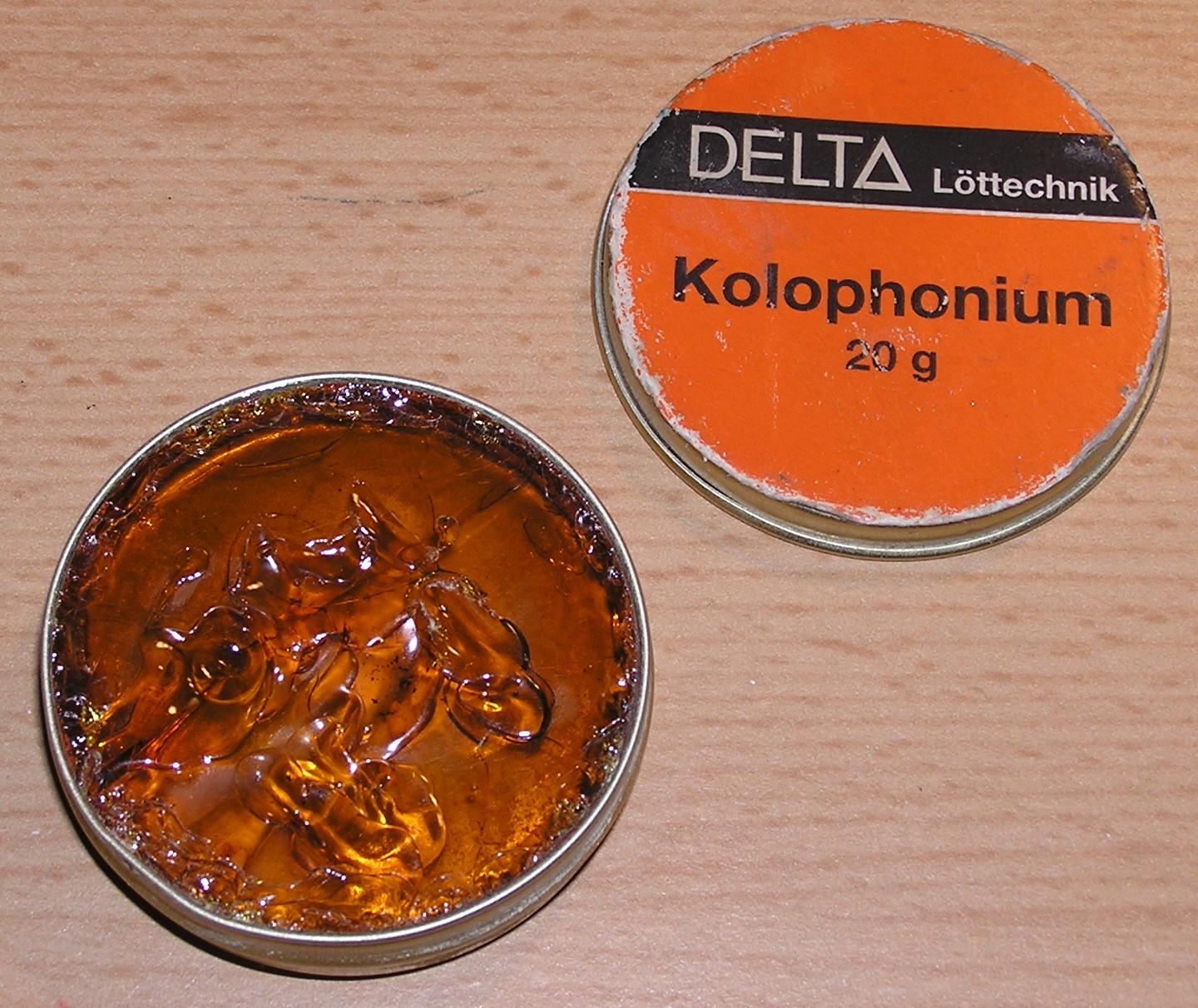|
Metallurgical Flux
In metallurgy, a flux is a chemical reducing agent, flowing agent, or purifying agent. Fluxes may have more than one function at a time. They are used in both extractive metallurgy and metal joining. Some of the earliest known fluxes were sodium carbonate, potash, charcoal, coke, borax, lime, lead sulfide and certain minerals containing phosphorus. Iron ore was also used as a flux in the smelting of copper. These agents served various functions, the simplest being a reducing agent, which prevented oxides from forming on the surface of the molten metal, while others absorbed impurities into slag, which could be scraped off molten metal. Fluxes are also used in foundries for removing impurities from molten nonferrous metals such as aluminium, or for adding desirable trace elements such as titanium. As reducing agents, fluxes facilitate soldering, brazing, and welding by removing oxidation from the metals to be joined. In some applications molten flux also serves as a heat-t ... [...More Info...] [...Related Items...] OR: [Wikipedia] [Google] [Baidu] |
Kolophonium Loeten
Rosin (), also known as colophony or Greek pitch (), is a resinous material obtained from pine trees and other plants, mostly conifers. The primary components of rosin are diterpenoids, i.e., C20 carboxylic acids. Rosin consists mainly of resin acids, especially abietic acid. Rosin often appears as a semi-transparent, brittle substance that ranges in color from yellow to black and melts at stove-top temperatures. In addition to industrial applications such as in varnishes, adhesives, and sealing wax, rosin is used with string instruments on the bow hair to enhance its ability to grip and sound the strings, and it provides grip in various sports and activities. Rosin also serves as an ingredient in medicinal and pharmaceutical formulations and can cause contact dermatitis or occupational asthma in sensitive individuals. It is an FDA approved food additive. The name "colophony" originates from , Latin for "resin from Colophon" (), an ancient Ionic city. Properties Rosin i ... [...More Info...] [...Related Items...] OR: [Wikipedia] [Google] [Baidu] |

